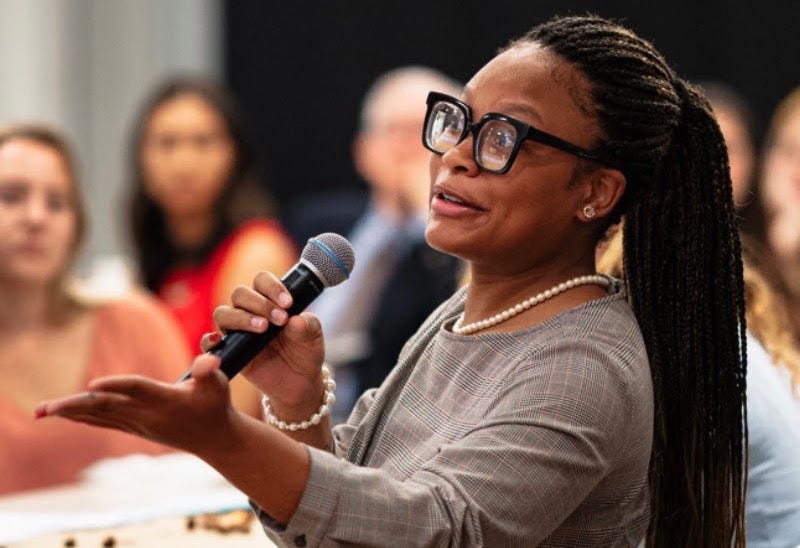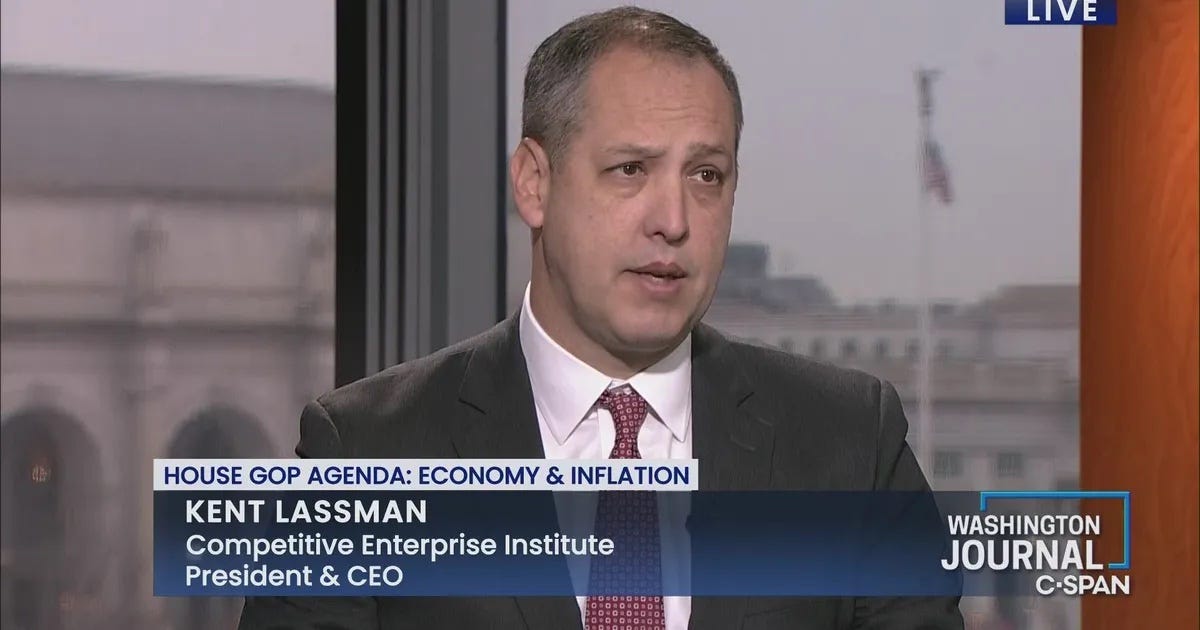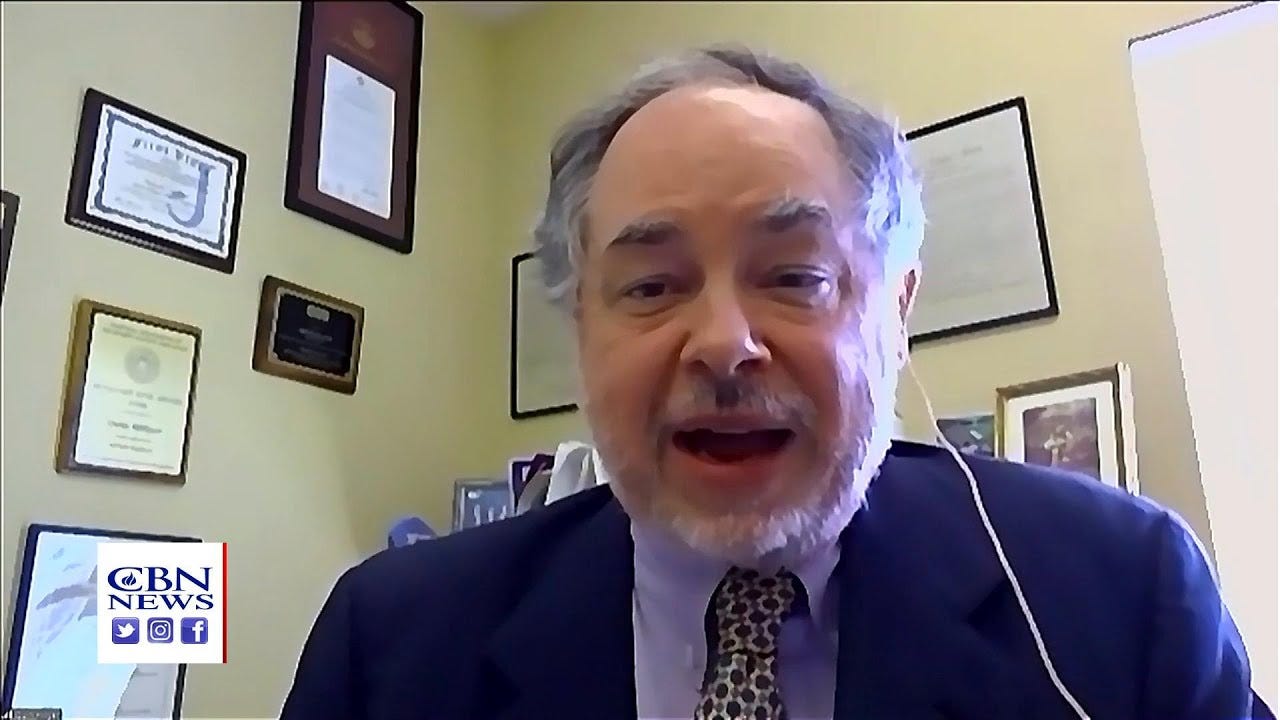Bridge partners
Key institutions and networks help expand Freedom Conservatism
Every signatory to the Freedom Conservatism Statement of Principles is listed in the document along with a current or past affiliation.
Some signatories run public-policy think tanks or litigation centers. Others write for newspapers or magazines, host broadcast shows or podcasts, conduct scholarly research, or teach students. Still others are former public officials, philanthropists, or business executives.
They all signed on as individuals. We included their affiliations for identification purposes only. Nevertheless, our Freedom Conservatism movement wouldn’t be growing and thriving without the assistance of key institutions and networks.
FreeCon talent agency
One such partner is Young Voices, led by FreeCon signatory Casey Given. This organization trains and nurtures promising conservatives, libertarians, and classical liberals in their 20s and 30s, acting as “a one-stop-shop for aspiring intellectuals to build their brand and develop their expertise.”
Here are some recent FreeCon-themed articles by Young Voices contributors:
Shakira Jackson, a recent University of Pittsburgh graduate, argued in The Deseret News that Freedom Conservatism offered “a clear way forward” for a divided movement. “In a time when the principles of limited government and individual liberty are under threat,” she wrote, “this statement serves as a beacon of hope, reminding us of the enduring power of conservative ideals to shape a better future for our nation.”
In a Washington Examiner piece, Texas Tech professor Alex Salter spotlighted the federalism section of the statement. FreeCons embrace the distinctive role of states and localities as “laboratories of self-governance,” he wrote. “Govern less, govern locally — these are the prerequisites of liberty as well as the common good.”
Jonas Du, a Columbia University student and founding editor of its alternative student magazine, wrote in USA Today that “by applying traditional conservative principles to the key issues troubling younger generations,” FreeCons can “attract what I see as the ‘silent majority.’”
Aaron Pomerantz, a postdoctoral research fellow at Rice University and contributor to FreeThePeople.org, praised the statement for “stat[ing] its values positively, serving as a declaration of what its diverse signatories believe, rather than what they oppose.”
Free the economy
Another valued partner for Freedom Conservatives is the Competitive Enterprise Institute, a Washington-based think tank led by Kent Lassman. He’s a signatory, as are Iain Murray (vice president for strategy), Dan Greenberg (general counsel), Jessica Melugin (director of its Center for Technology & Innovation), and Kevin Williamson (writer in residence and national correspondent for The Dispatch).
CEI has served as host for numerous FreeCon strategy sessions. And senior fellow Richard Morrison has interviewed many FreeCons on his podcast Free the Economy.
Recent episodes have featured signatories Ashley Baker of the Committee for Justice, Carrie Conko of State Policy Network, Brooke Medina of the John Locke Foundation, Ed Tarnowski of EdChoice, Vance Ginn of the Pelican Institute, Patrick Hedger of the Taxpayer Protection Alliance, and FreOpp’s Avik Roy, who described the origins of the FreeCon project during his appearance.
Multi media
Since the Freedom Conservatism statement went public in July, signatories and allies have frequently discussed its principles and objectives in columns, articles, and interviews. While their work has appeared in dozens of different media outlets and channels, here are three of the most active platforms:
National Review has run FreeCon-themed pieces by Matt Continetti, Ryan Bourne, Jack Butler, Alex Salter, and Avik Roy. Signatories on the masthead include Ramesh Ponnuru, David Bahnsen, Charles C.W. Cooke, Noah Rothman, David Harsanyi, Zach Kessel, and Christian Schneider. National Review also published John Hood’s 2022 piece that introduced the name “Freedom Conservatism.”
Law & Liberty published a wide-ranging symposium on the FreeCon project — including contributions by signatories Iain Murray, James Patterson, Andrea Picciotti-Bayer, and Rachel Lu — as well as a piece by Samuel Gregg on the statement’s defense of free trade.
The Washington Examiner has published FreeCon pieces by Ranier Zitelmann, Alex Salter, and Quin Hillyer, who is the Examiner’s deputy commentary editor. Another signatory, Tiana Lowe Doescher, is an Examiner commentary writer who often covers freedom-themed issues and controversies.
Other coverage
In The Washington Post, Ruy Teixeira analyzed the disagreement among GOP leaders about how best to advance the interests of voters in their coalition. “You can see it in the dueling manifestos of the Freedom Conservatives and National Conservatives,” he wrote, “who disagree about how strong a role government should play in supplementing and regulating the free market.”



